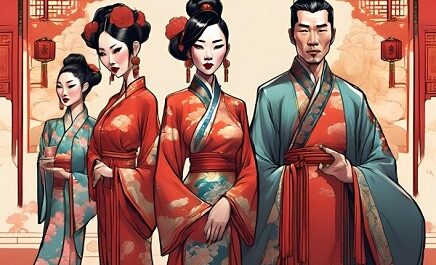Learn Chinese Idiom Name, Pinyin, English
- Idiom in Chinese-女中丈夫。
- Pinyin of Idiom- nǚ zhōng zhàng fū.
- Idiom’s Meaning in English– The Chinese idiom “nǚ zhōng zhàng fū” refers to a woman who possesses the courage, strength, and fortitude typically associated with a man. It commends a woman’s exceptional character, resilience, and ability to face challenges with bravery.
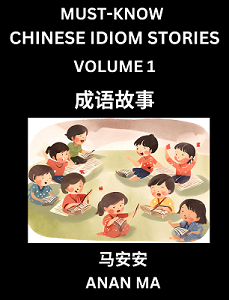
Chinese Idiom Stories Books (HSK All Levels):
- Books to Learn Chinese Idiom Stories (Part 1)
- Books to Learn Chinese Idiom Stories (Part 2)
- Books to Learn Chinese Idiom Stories (Part 3)
Learn Chinese Idiom Story in English (成语故事的英文)
In ancient times, there lived a woman named Hua Mulan. She dwelled in an era of constant warfare. Hua Mulan’s father, old and infirm, was unable to serve in the army, and there were no other brothers in the family to take his place. Faced with the country’s call to arms and her family’s predicament, Hua Mulan bravely decided to disguise herself as a man and join the military in her father’s stead. In the army, she garnered the respect and admiration of her comrades through her exceptional martial skills and unwavering will. After years of valiant fighting, Hua Mulan ultimately helped her country secure victory. When her true identity was revealed, people were filled with admiration for her bravery and perseverance, praising her as a “nǚ zhōng zhàng fū” – a woman with the courage and fortitude of a man.
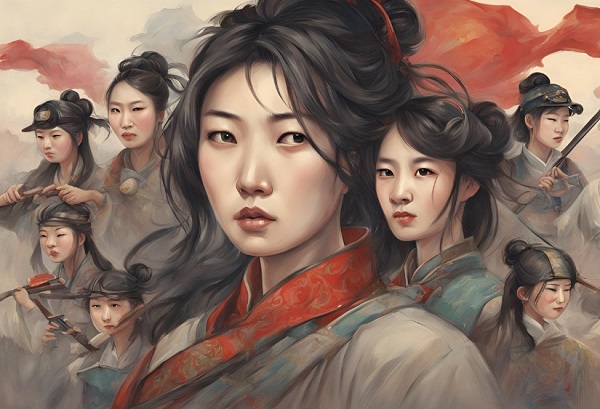
Learn Idiom Story in Chinese (成语故事)
在古代,有一个名叫花木兰的女子,她生活在一个战乱频繁的时代。花木兰的父亲年老体弱,无法上战场,而家中又没有其他兄弟可以代替。面对国家的召唤和家庭的困境,花木兰毅然决定女扮男装,代替父亲从军。在军队中,她凭借出色的武艺和坚韧的意志,赢得了战友们的尊重和敬佩。经过数年的浴血奋战,花木兰最终帮助国家取得了胜利。当她的真实身份被揭露时,人们无不感叹她的英勇和毅力,称赞她是“女中丈夫”。
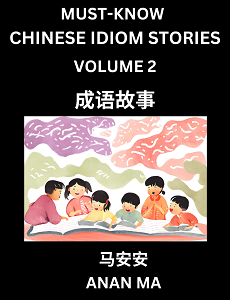
Learn Keywords with English, Simplified Chinese Characters, and Pinyin (关键词)
- 花木兰 (Huā Mùlán):Hua Mulan, the heroine of the story
- 女扮男装 (nǚ bàn nán zhuāng):Dress as a man
- 坚韧 (jiān rèn):Tough and resilient
- 浴血奋战 (yù xuè fèn zhàn):Fight bravely and valiantly
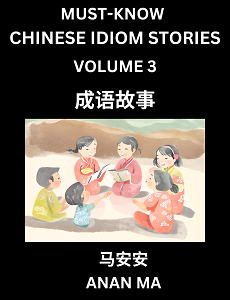
Pinyin of Idiom Story (故事的拼音)
Zài gǔdài, yǒu yīgè míng jiào huā mùlán de nǚzǐ, tā shēnghuó zài yīgè zhànluàn pínfán de shídài. Huā mùlán de fùqīn nián lǎo tǐ ruò, wúfǎ shàng zhànchǎng, ér jiāzhōng yòu méiyǒu qítā xiōngdì kěyǐ dàitì. Miàn duì guójiā de zhàohuàn hé jiātíng de kùnjìng, huā mùlán yìrán juédìng nǚ bàn nánzhuāng, dàitì fùqīn cóngjūn. Zài jūnduì zhōng, tā píngjiè chūsè de wǔyì hé jiānrèn de yìzhì, yíngdéle zhànyǒumen de zūnzhòng hé jìngpèi. Jīngguò shù nián de yùxuè fènzhàn, huā mùlán zuìzhōng bāngzhù guójiā qǔdéle shènglì. Dāng tā de zhēnshí shēnfèn bèi jiēlù shí, rénmen wúbù gǎntàn tā de yīngyǒng hé yìlì, chēngzàn tā shì “nǚ zhōng zhàngfū”.


